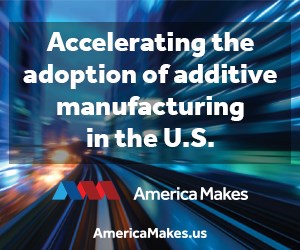How to Accelerate Industrial Additive Manufacturing
The 2018 Additive World Conference was dedicated to industrial additive manufacturing and covered all relevant topics from the fields of 3D design, simulation, manufacturing and materials as well as case studies.
Additive Industries successfully staged the 6th Additive World Conference in Eindhoven, Netherlands, from March 14 to 15, 2018, where the speakers were presenting solutions to technical challenges, how costs can be reduced for a breakthrough in industrial applications, and how additive manufacturing (AM) is being implemented in their operations. For many companies, AM is still only a small part of the process or reserved primarily for prototyping applications. But most speakers presented a coherent theme: AM is ready for industrialization and will be further adopted on the factory floors. And this adoption is happening.
Since the Dutch metal additive manufacturing company unveiled its MetalFab1 platform at the Formnext exhibition in 2015, the company has shipped the machine to the likes of Airbus, Alfa Romeo Sauber F1 and GKN. But as Shane Collins, general manager process and applications development at Additive Industries in North America, pointed out, total costs have to be substantially reduced for a breakthrough in industrial applications at higher volumes and lower complexity. According to Collins, high total cost per part is currently determined by a large number of separate process steps, limited reproducibility, substantial manual labor, and stand-alone equipment and software. To lower the break-even point with conventional technologies, the complexity threshold of parts has to be lowered and the volume of identical or similar parts to be 3D printed has to be increased. In an example, he explained how a satellite bracket can be efficiently mass-produced (14,900 parts per year) by optimizing the build layout for maximum platform load. The MetalFab1 uses four lasers building 36 parts per build, reducing the build time per part to 0.55 hours at the total cost of 53.90 euros.
Presentations also included case studies from the automotive, railway, motorsports and space industries. GKN’s Dr. Simon Hoeges explained how the company uses additive manufacturing technologies combined with its advanced powder metallurgy experience to develop parts that are optimized in weight, inertia and stiffness such as a differential housing with the final drive ring gear, one of the heaviest units in the transmission. Sauber Motorsports is already printing many of the F1 car’s parts, including front and rear wing parts, coolers and internals, wishbone covers, and bodywork parts. Finally, the European Space Agency (ESA) explained how it has found a way to find a more reliable and cost-effective manufacturing process to produce Ti64 bellows, which used to be welded and kept failing due to cracks on many of the convolutions.
Last but not least, Additive Industries revealed the winners of its Design for Additive Manufacturing Challenge during an awards dinner at the conference. In the professional category, the winner was Italy’s Aidro Hydraulics, and the student prize was awarded to Yogeshkumar Katrodiya, a master’s student at Fraunhofer IGCV, Germany.
Related Content
-
8 Cool Parts From Formnext 2023: The Cool Parts Show #65
New additive manufacturing technologies on display at Formnext were in many cases producing notable end-use components. Here are some of the coolest parts we found at this year’s show.
-
Understanding PEKK and PEEK for 3D Printing: The Cool Parts Show Bonus
Both materials offer properties desirable for medical implants, among other applications. In this bonus episode, hear more from Oxford Performance Materials and Curiteva about how these companies are applying PEKK and PEEK, respectively.
-
Postprocessing Steps and Costs for Metal 3D Printing
When your metal part is done 3D printing, you just pull it out of the machine and start using it, right? Not exactly.


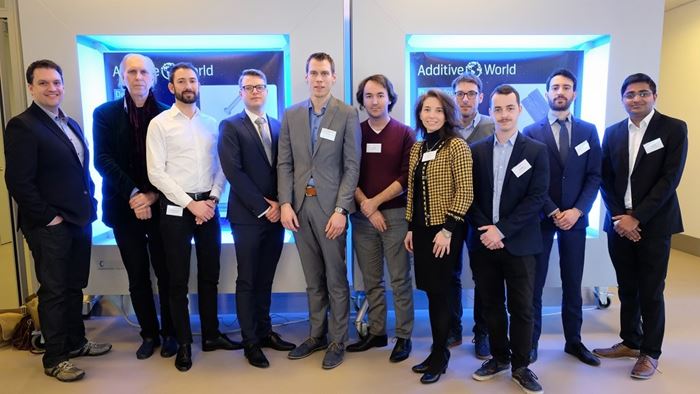
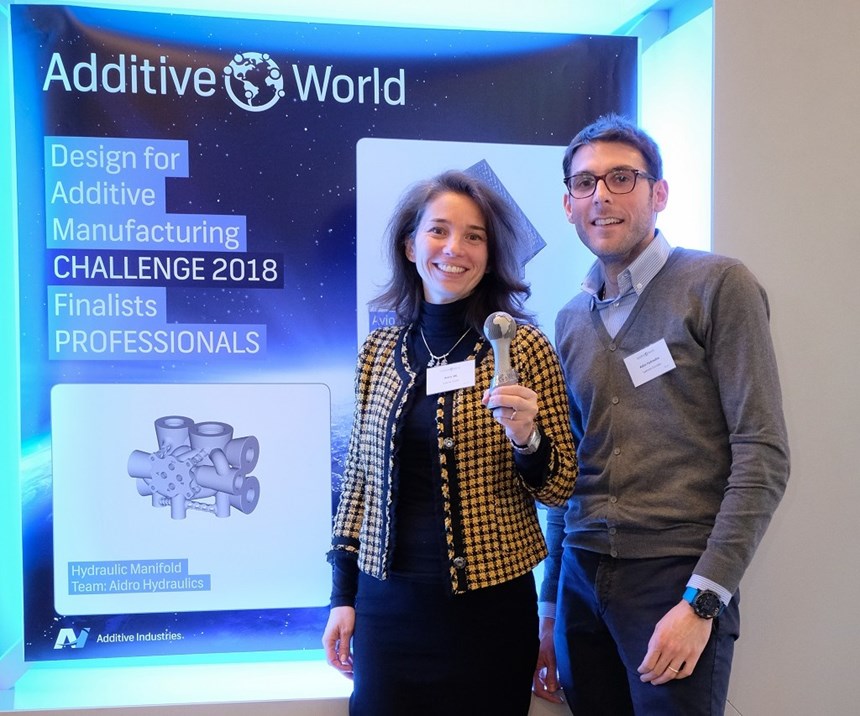
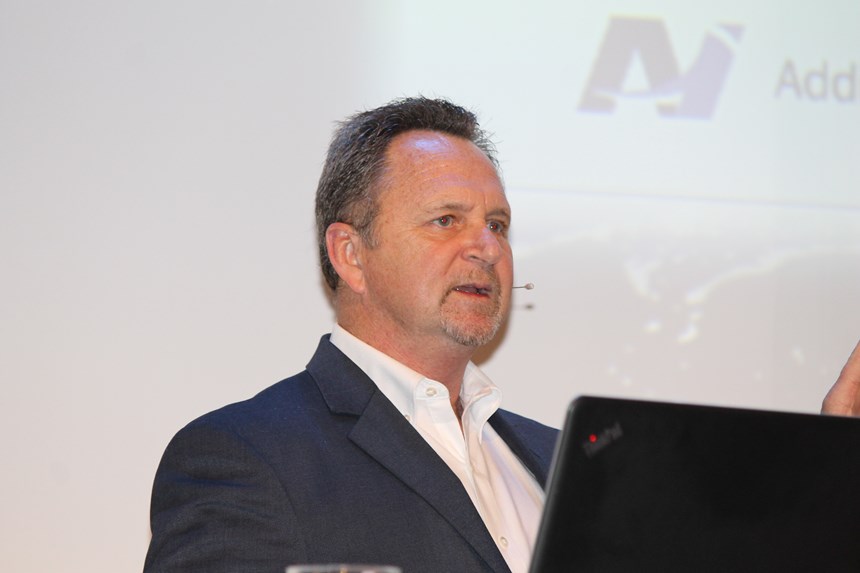
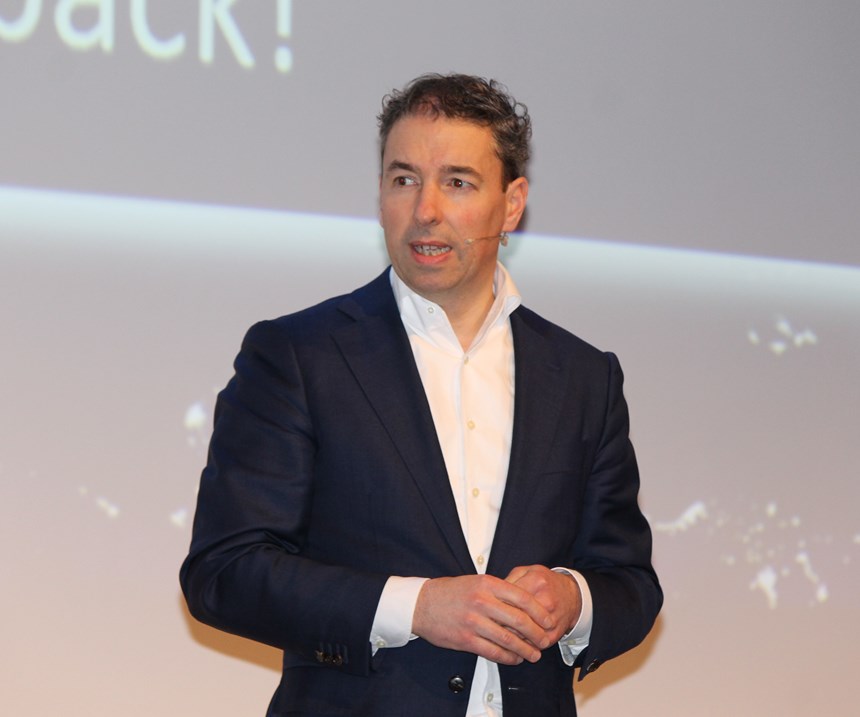
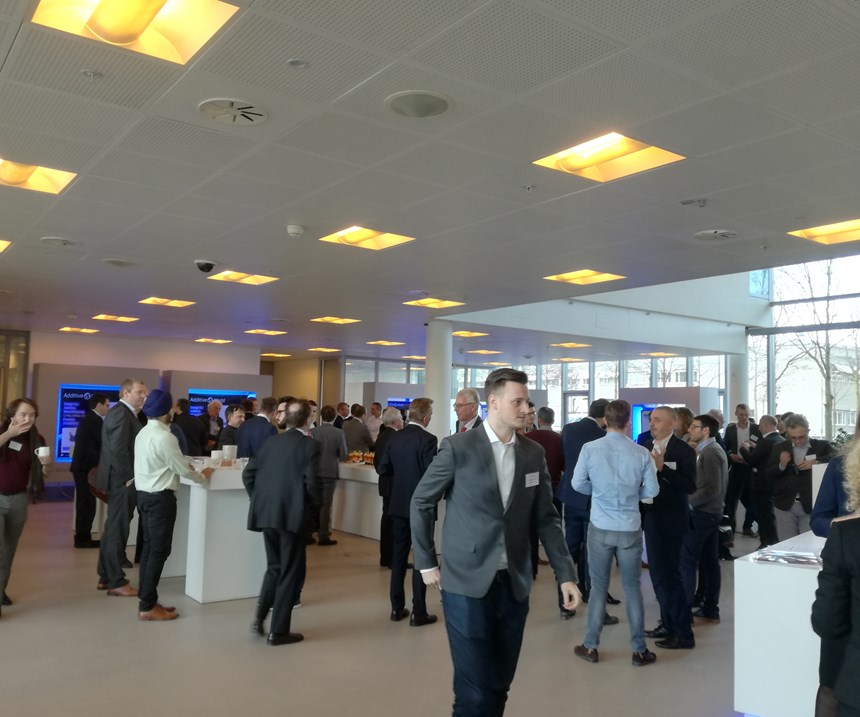


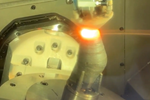
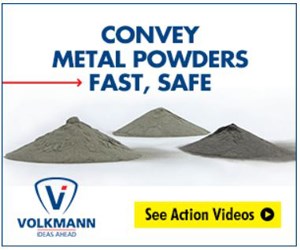

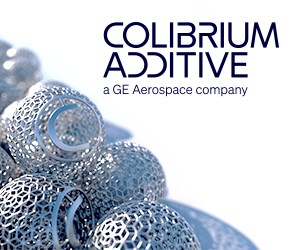
.png;maxWidth=300;quality=90)
